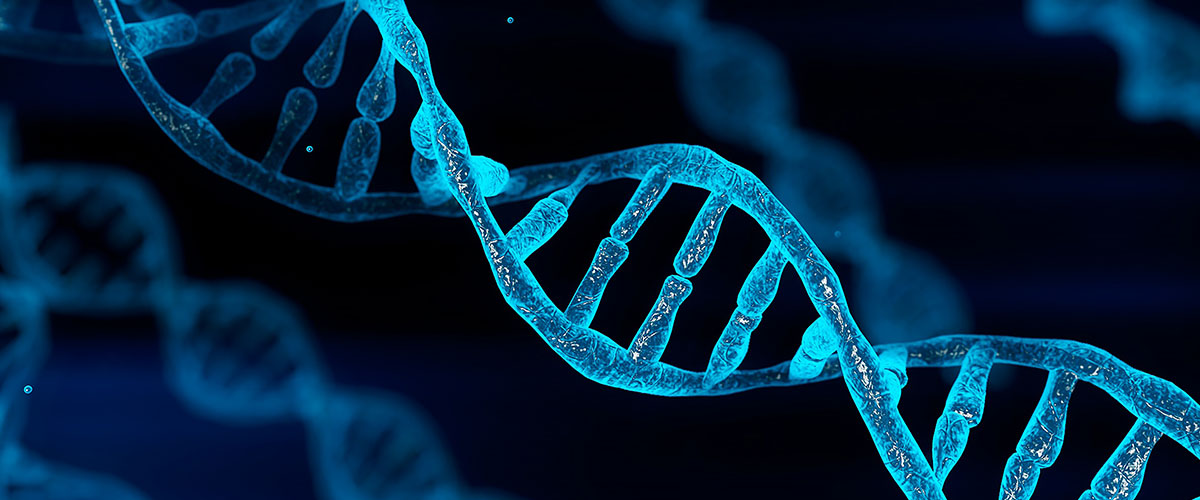)
Deciphering (epi)genetics interplay in colorectal cancer
Project Title: Deciphering (epi)genetics interplay in colorectal cancer
Project Duration: 2023-2025
MOHCCN Consortium: Atlantic Cancer Consortium (ACC)
Investigators: Touati Benoukraf (lead), Sevtap Savas (lead), Darren O’Rielly (collaborator), John Thoms,
MD (collaborator); Angela Hyde, MD, PhD (collaborator).
Partners:
- Memorial University
- Dalhousie University
- Université de Moncton
Aim/goals:
In this project, we focus on colorectal cancer. Our primary interest is to generate and utilize omics data obtained from patient biospecimen and conduct data analyses.
Our goals are to:
- identify the global molecular upheaval associated by studying the interplay between the genomics / epigenomics / transcriptomics changes; and
- examine the molecular data together with detailed clinical patient information to reveal key, novel aberrations/signatures that can be used for diagnosis, prognosis, or treatment.
Summary:
We will examine the gold cohort data produced by the Atlantic Cohort Consortium (n=260). This project will take advantage of the logistics put in place during the phase 1 project, where connections between Biobank, sequencing facility, bioinformatics core and IT infrastructure were set.
Although numerous studies have identified several variants useful for colorectal cancer diagnostic and therapeutical strategies, these variants fall, for the most part, within coding genes, which represent only 2% of the entire genome. Here, we aim to explore genomic and epigenomic aberrations in the non-coding genome, with a focus on regulatory elements, known to be more tissue/cell-specific than genes. For this purpose, we will perform H3k27ac ChIPSeq to map active non-coding regions and integrate it with other omics data to be generated from the patients. We also aim to explore the relationship between the molecular variables and patient / disease features (such as, age of diagnosis, tumor histology).
Key deliverables expected are:
- H3k27ac ChIPseq data will be obtained for 40 CRC patients;
- Germline and somatic variation landscape for 260 CRC patient will be identified;
- Pathways involved in tumorigenesis by studying the interplay between the data obtained for each patients (RNAseq, ChIPseq, and WGS) will be explored;
- Non-coding regulatory elements involved in tumorigenesis will be identified;
- Relations between variants and demographic (e.g. age of onset) and tumor (e.g. stage and histopathology) features will be identified. We will also explore novel interactions among the molecular variables in relation to these features; and
- We will identify candidate prognostic and/or predictive associations of variants in the patient cohort.
